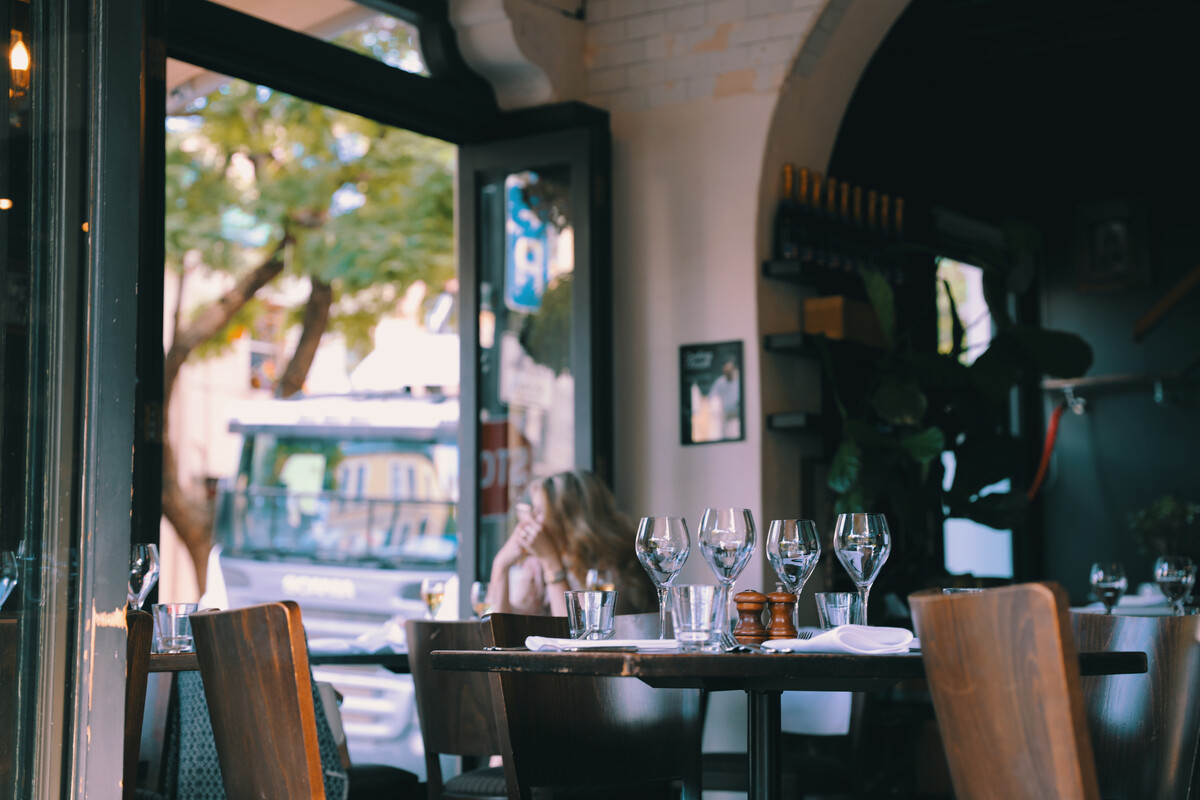- Home
- Hearing Loss
- Audiology
When do you need to protect your hearing
2020-12-30 In general, the longer you are exposed to excessive noise, the greater the risk of damage to your hearing.Even sounds that don’t appear to be too loud or don’t cause you excessive discomfort can damage your hearing if you are exposed to them for long enough.
However, loud sounds can cause damage much more quickly.

Sound is measured in decibels (dB)
The decibel scale is matched to human hearing, so 0 dB is the very quietest sound that a human can hear. A conversation with a friend would be about 60 dB. Once we are up at the 90 dB level that a lawnmower will produce, we are at relatively loud noise levels that can cause damage over time. In fact, most experts agree that continued exposure to noise over 85 dB risks causing damage to your hearing. For that reason, workplace safety regulations usually require the employer to provide hearing protection for people working in areas where noise exceeds 85 dB.
Up at the 155 dB of exploding fireworks (yes they can get that loud!) or 180 dB of a rocket launch, permanent hearing damage can occur very quickly.
Danger signs
Unfortunately, it is rarely obvious when damage is occurring to our hearing – we tend to notice it afterwards.
However, we can try to be aware of the noise levels in the situations we find ourselves. If you have to shout over background noise to make yourself heard, your hearing is probably in the danger zone where prolonged exposure could lead to damage.
Obviously, if you find you have ringing in your ears or experience pain, it’s a sure sign your noise exposure is too high. This often appears after the noisy event (like a music concert) is over. If you find it difficult to hear for several hours after the noisy event, or hear ringing in your ears or other unusual after-effects, then your hearing has probably been in danger.
You can rest your ears by avoiding loud noises. And in future, similar situations, you can be more aware and act earlier to reduce the effects.
If you are in any doubt, wear hearing protection (such as cheap, disposable ear plugs), and get away from the noise as quickly or as often as you can.

Hidden dangers to our hearing:
These days, many people regularly use earphones - on the way to school or work, while out running, or just while relaxing at home.
Earphones are very handy, but it’s not always clear how much sound they are creating. However, they can produce up to 100 dB, while some can produce even more. At this level, you risk damage to your hearing after a mere 15 minutes.
Some smartphones show when the volume is at a dangerous level, using red bars on the volume indicator.

City life
Just living in a city can also increase your risk of hearing damage – by 64 per cent.
This is a according to a study that was recently published in the medical journal The Lancet. It just goes to show how continuous exposure to noise can cause hearing damage.
Latest
Audiology













All 0 comments